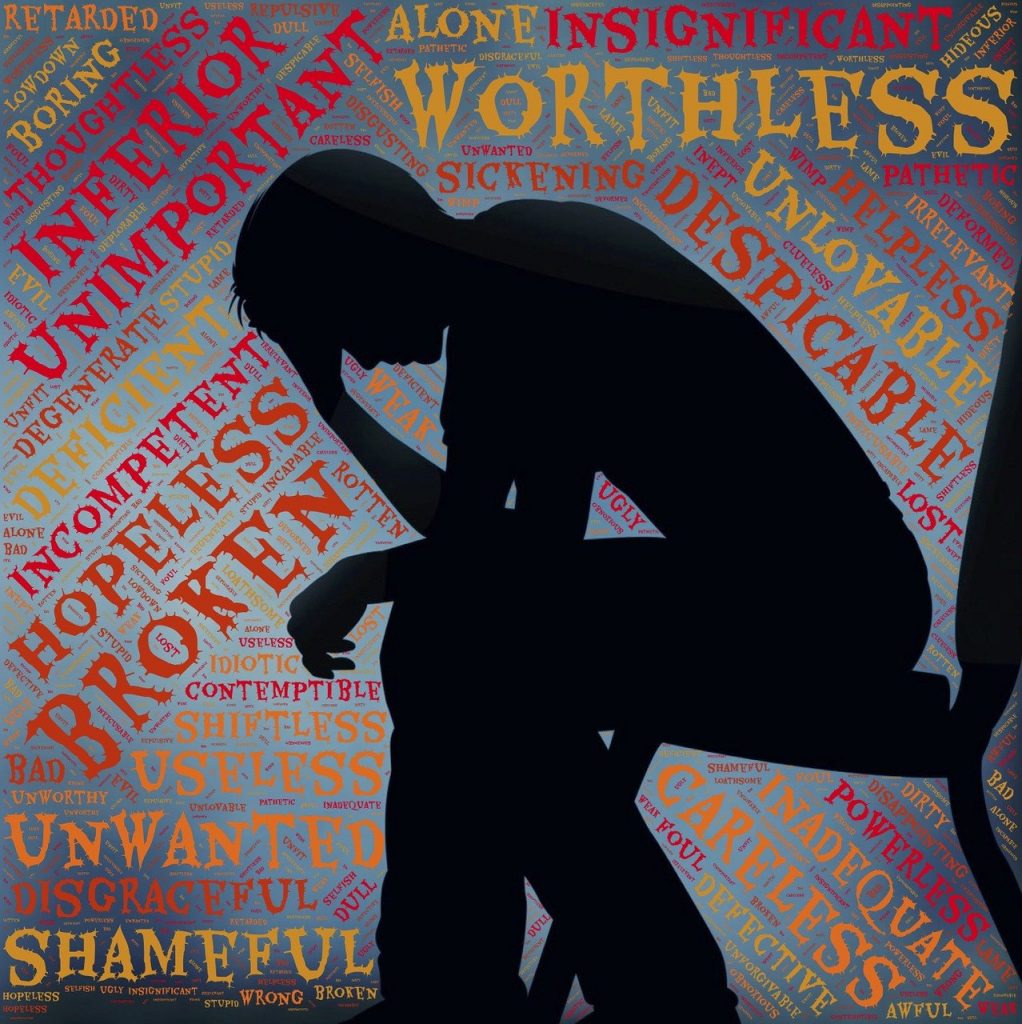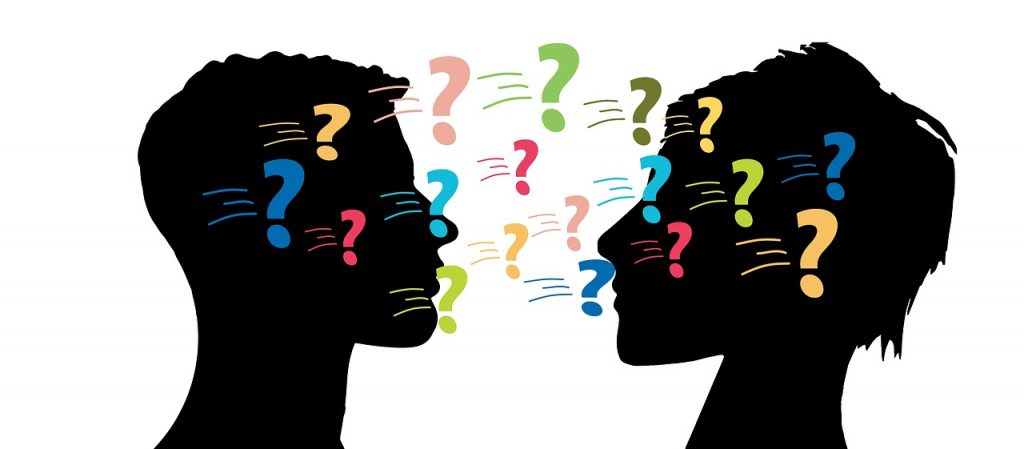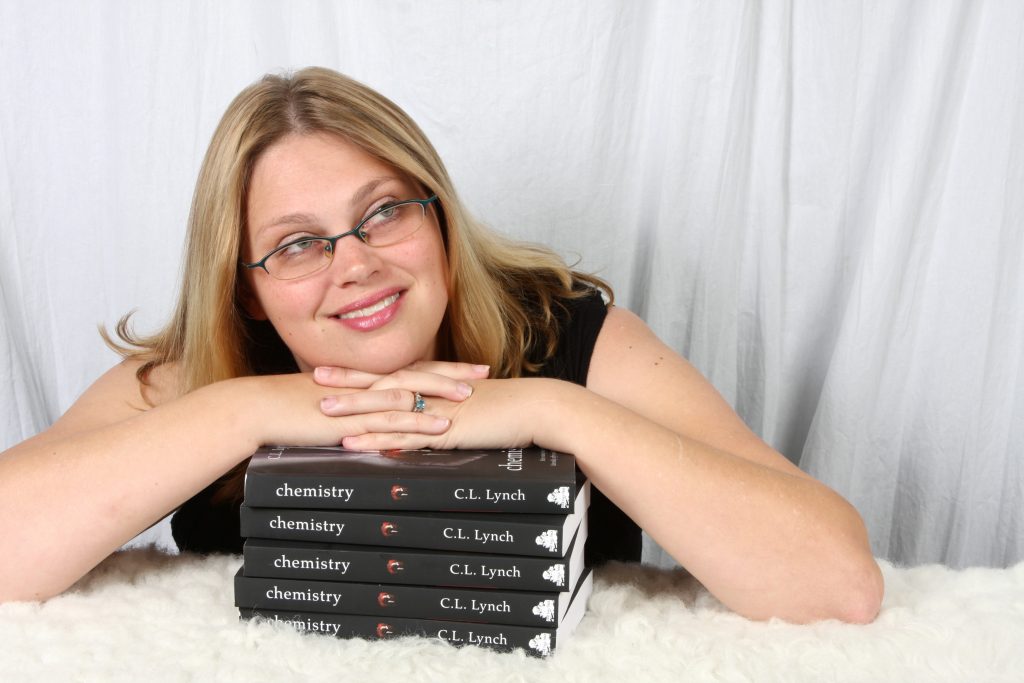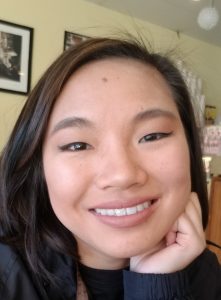Autism Interview #161 Leigh Spence on Ableism

Leigh Spence is an autism advocate and vlogger from the U.K. This week she shared her experiences with ableism as a late-diagnosed adult and offered advice for teaching ableism to younger ages.

Leigh Spence is an autism advocate and vlogger from the U.K. This week she shared her experiences with ableism as a late-diagnosed adult and offered advice for teaching ableism to younger ages.
The practice of making New Years resolutions offers a wonderful opportunity to reflect on our past behaviors and consider possibilities for self-improvement. I used to think this tradition was silly and pointless–who could keep up a resolution for a whole year, anyway? But I’ve discovered that the score card doesn’t matter. Progress matters.
…
Tara L. Campbell is a speculative fiction and creative nonfiction science writer with a professional background in technology. She enjoys writing at the intersection of science, technology, and disability. Stories about overlooked or misunderstood people and concepts are key aspects in her work. This week Tara shared her experiences as an Autistic advocate and parenting…

Ableism (discrimination against disabled people) is unfortunately so prevalent in society that it has pervaded everyday language. People use this language without even thinking about its origins or the problem with its widespread use. I’ve compiled a list of some of the most common ableist words/phrases in an effort to both illustrate their prevalence and raise awareness for those interested in avoiding this language (and educating others!).
…
Sarah Kathryn is a cisgender autistic woman, blogger, and Speech-Language Pathologist (SLP). This week she shared her experience practicing as an SLP and the ableism she encounters, as well as ideas for helping hospitals become more accommodating to people on the spectrum.
…
This is the second part of a two-part interview with Canadian novelist and autistic advocate C. L. Lynch. Last week she shared her personal diagnosis story and explained why she advocates for a complete overhaul in autism severity labeling. She offered an excellent perspective on language surrounding autism and how we can better understand and support autistic individuals through the words we use. This week she discussed ableism in literature and how parents can raise their children without ableist attitudes and advocate for positive autistic identities.
…
This is Part Two of a two-part interview with writer, student, and a/Autistic advocate Leanne Libas. Last week she shared her experience discovering her autism diagnosis and how she has developed a positive autistic identity through a transformative experience at a youth leadership forum. She wrote about not wanting to be cured for fear of “losing herself.” This week she discussed autism advocacy practices, different areas she notices ableism in her own life, and practical ways to combat ableism starting today in your own homes and communities.
…Are you participating in any Halloween activities that stigmatize individuals on the spectrum? Like all holidays, there are a variety of social activities and traditions that may be exclusionary or unwelcome to autistic individuals. (See this previous post for ways to make Halloween more inclusive for autistics). However, even more disappointing are the rituals and social activities people participate in that contribute to the stigma of those on the spectrum. Some of these traditions are so entrenched in our culture that many are unaware of their damaging connotations. This article examines the playful and harmful aspects of Halloween so interested readers can ensure they are celebrating the holiday appropriately and not contributing to ableist stigmas.
…
Do you consider yourself an autism advocate? Are you advocating in ways that the autistic community would appreciate? How do you know? Reaching out to the autistic community takes a dose of humility, but that’s only the first step. To what degree and the manner in which we reach out is even more important. The basic seeds of advocacy must begin on a foundational respect for the humanity of individuals on the spectrum.
…
It’s the time of year when many people start thinking more about others, and charitable opportunities abound. While it’s wonderful to participate in various charitable activities, it’s also a good time of year to reflect on the difference between charity and ableism and how our own holiday activities and “charitable” mindsets might be assessed within these categories, especially towards individuals on the spectrum. Many autistics are outspoken on the topic of autism and ableism, yet many parents are completely unfamiliar with the term.
…